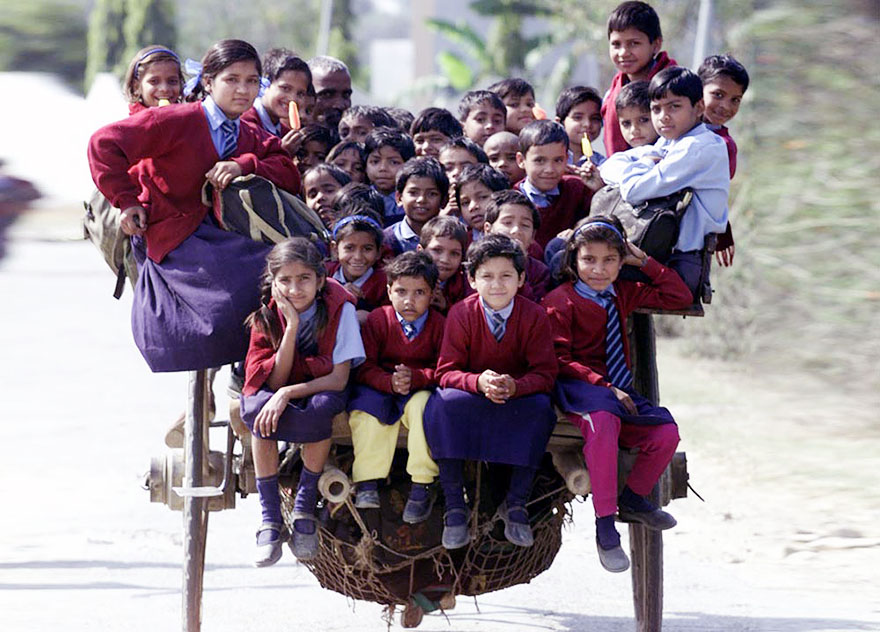International trade has became such as integral of daily life that most of us cannot remember the times when purchasing an item from abroad was
not a common occurrence. However, how often do we pause to give thought to how much we're actually paying in foreign exchange?
Banks are always looking for creative ways to charge you extra fees, and one of their profit boosters is by cheating on foreign exchange rates. Let's see how the banks are doing this, and how you can avoid losing your hard-earned cash.
 |
| Bank of Evil |
Dishonest bank foreign exchange fees
The inter-bank exchange rate is the foreign exchange rate that banks pay each other when exchanging money. Customers will not get this rate, as banks usually charge a fee on top.
Banks include this fee in the foreign exchange rate and don't break it down for customers. Hence customers never actually know the premium charged by banks. In addition, banks charge a transaction fee to process the exchange.
Major banks such as the Bank of New York Mellon have been sued over dodgy foreign exchange transactions. Moreover, 12 of the largest banks in the world were accused of rigging foreign exchange rates for profits in their favour.
No bank fees
What about banks which proclaim that they are not charging any fees? It is common for banks to not charge any fees but to skim a hefty percentage of the payment for profits. How can we tell? By comparing bank foreign exchange rates with mid market rates.
Mid market rates
The mid market rate is the mid-point between currency buy and sell rates, and the sweet spot which customer transactions should be based on. Banks and brokers will adjust their rates daily, and it will usually differ from the mid market rate.
Recipient charges
If you think being walloped by bank fees (hidden or otherwise) + transaction fee + unfavourable foreign exchange rate is bad enough, it gets worse - the
receiver gets hit with bank fees for receiving payment as well.
When the payment arrives at the recipient's bank account, the amount may be less than expected due to the banks' skimming of fees. The recipient will then have to contact the sender to make another payment to correct the payment amount, wasting time, energy and money for both sides.
The average one way fee is 3.5%, meaning if you transfer $100,000 , you just paid the bank $3,500 for sending the money, and there may be additional fees awaiting the recipient. The math is easy - services which offer a better exchange rate and protect recipients from bank fees so that the quoted amount is always received, can save money senders a lot of hassle and headache, especially for regular senders or when sending a large amount.
Banking goes online
Thankfully, gone are the days when the only place you can conduct a foreign exchange transaction to make an international payment is at the bank.
A slew of mobile banking, online banking and specialised payment services have popped up, and there is a product out there to tailor to each and every specific need. Customers can also combine payment methods to ensure maximum savings.
NexPay is a payment service which makes international student payments (to Australia) simple and easy. We offer a lower exchange rate and ensures that recipients always receive the quoted amount by never charging bank fees in Australia.
If you're a service provider within the Australian education sector - agent, school or accommodation - you'll be happy to know NexPay also offers a free reconciliation service to ensure you always stay on top of your payment receipts.
Share this to ensure your mates never get ripped off by banks again!





.JPG)










